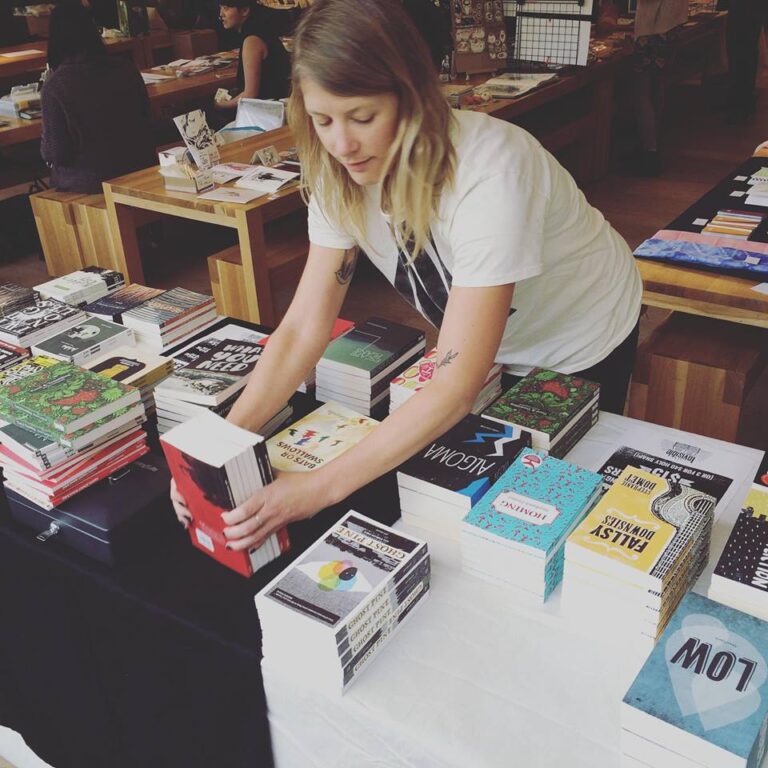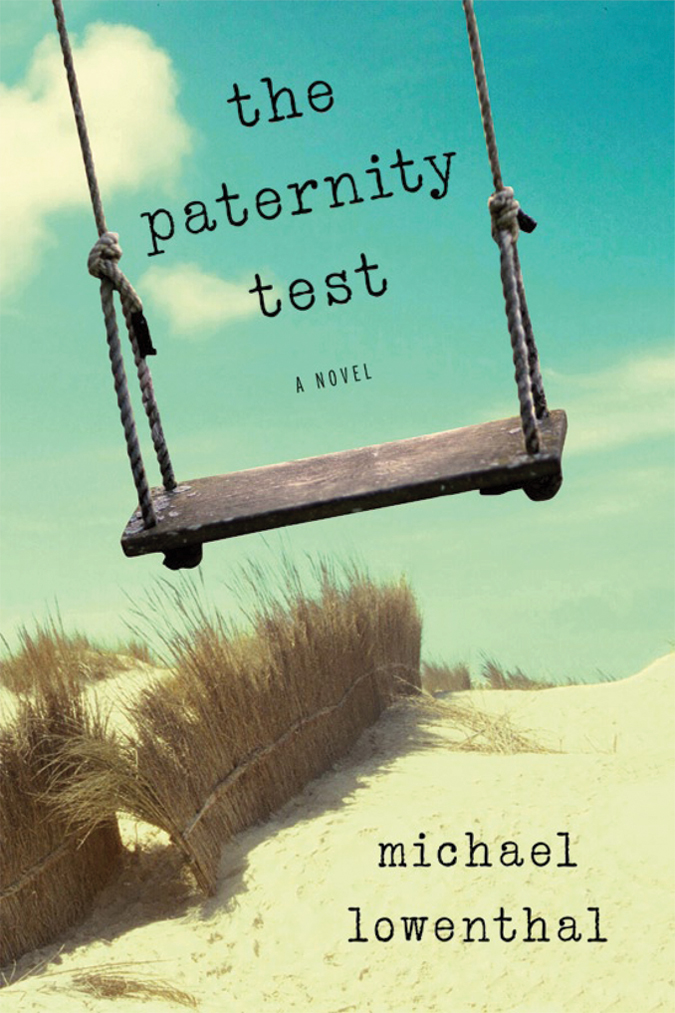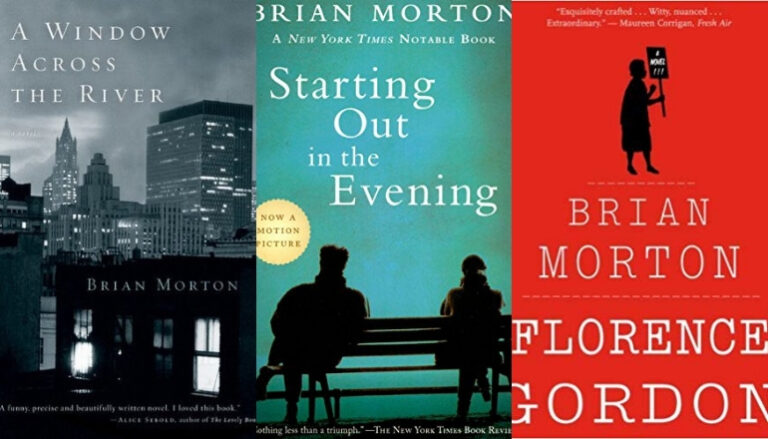Four Reasons to Write the Hell Out of (What’s Left of) 2013
Okay writers. You may be secretly planning to tread water until the New Year, at which point you’ll of course begin tackling your epic plans for Writerly Greatness.
2014 is my year, you scrawl in your Moleskine. Now where is my pie?
But there are all kinds of reasons to write what you can RIGHT NOW. So if you need some motivation to spend the last weeks of the year writing at full-throttle, this is for you:
Four Reasons to Write the Hell out of (what’s left of) 2013
1. The January-You is already trying a new diet, training for that one thing, and swearing off caffeine. (Also swearing in general.)
Let’s just acknowledge that the post-holidays hangover (a.k.a. January) may be better-suited to revising and submitting your work than to creating. Even if you’re not the resolution-making type, getting back into the swing of things—and dealing with inbox pile-ups—may not make your imagination soar. (Not that hustling to see the in-laws over a turkey dinner will, but see #3.) So fill a file now with risky, experimental, even harried work, then leave it to January-You to edit and submit it with New-Year flair.
(Speaking of submitting: January can be great for networking, in that “Happy New Year”-ing your contacts is a great excuse for touching base. Write right now, then spend January emailing for love and glory.)
2. Everyone else is slowing down.
Chalk it up to long nights, time with family, the stress of semester’s end, the readier access to mulled wine. Whatever it is, a lot of writers slow down on writing while ramping up the festivities.
So if you have any kind of competitive spirit, take advantage of it: churning out a ton of work while everyone else is coasting can be motivating and energizing. That doesn’t mean you have to tell Facebook how you wrote three novels yesterday while we were all watching a marathon of The Christmas Story. But then again, if it works for you…
3. The best time to tell a story may be while you’re in it. (Read: now.)
Okay. I’m just going to say it: it’s the holiday season, and family drama, long layovers, lost sleep, financial panic, and/or botched traditions likely lie in your near future. It’s tempting to alleviate some of the Crazy by letting your writer-self off the hook for a while. But the Crazy may be the best place to find—and craft—your story. Example:
In case you didn’t see it, writer and comedian Donald Glover created a media frenzy in October by instagramming a 7-part confessional note he’d handwritten on hotel stationary. You can read the pages here; I’ll wait.
Compelling, right?
Fans and journalists expressed concern (Is Glover depressed? suicidal? Will he be okay?), but as he’s now stated several times, Glover wrote the note because he didn’t want to keep telling everyone that he was “just tired.” “Sometimes,” he said, “not telling the truth is just as bad as telling a lie.”
Similarly, writer/illustrator Allie Brosh just released a book based on her internet comic/blog Hyperbole and a Half. Her most popular posts so far have been two in which she deals, poignantly and hilariously, with the reality of her depression. Now out on a book tour, she’s being asked about these posts—and her illness—all over the place. It’s messy, courageous, and necessary. (Check out her interview on NPR’s Fresh Air. You’ll be charmed and frightened.)
Both of these artists chose—albeit in quite different forms—to tell difficult stories while they were living them. Rather than writing from the safe perch of hindsight, they published in the middle of their messes. This allows readers now to feel the urgency and precariousness of the writers’ experiences—and as a result, the works are unnerving. They’re also enthralling, resonant, and believable. Brosh’s work has reached hundreds of thousands of readers, and she’s becoming a spokesperson of sorts for depression sufferers. Glover, though not attempting to write a poem or story, nevertheless started a public conversation about fear, success, depression, and honesty.
These stories don’t represent holiday-specific peril, and they may seem extreme from our post-publishing vantage. But Brosh and Glover would likely say that what they wrote felt banal at the time. They merely put words to what it was like to be alive in their specific Messes.
I hope your holidays don’t imply Messes, but if they do, these writers provide great motivation: Write it now. Get it out now. What you give up while waiting for hindsight (or for 2014, whichever comes first) may be the very vitality that will make your story connect.
Go start a conversation.
4. Write something worth regretting.
But if I write in the midst of the year-end chaos, you say, I might regret what I write, or the time I spent writing it, or the time I didn’t spend somewhere else with someone else, or the far better story I’d surely have written if it weren’t such a busy time.
My reply: Good. At least you made something worth regretting.
At the end of the day, your only alternative might be, I made nothing of which I’m ashamed. Because I made nothing.
I do most of my songwriting at an upright piano in my home, and above it hangs a no-frills sign: “dare to suck.” It’s a reminder to embrace the risk of complete failure. Similarly, Zora Neale Hurston reminds us that anything we write may haunt us later. And that this is likely as it should be:
I regret all of my books. It is one of the tragedies of life that one cannot have all of the wisdom one is ever to possess in the beginning. Perhaps, it is just as well to be rash and foolish for a while. If writers were too wise, perhaps no books would be written at all.
Lesson: stop waiting until you’re wise, settled, finish your “research,” until you feel better, get the job, return home from your travels, finish your degree, until you’ve finished the shopping, purchased the plane ticket, or heard from that one journal about your last submission. Be rash and foolish. Write the thing now.
But also, get some pie.
This isn’t to say you should send yourself into frothy writer-bootcamp mode, sacrificing family, tradition, and/or good cheer for the possibility of a poem. It’s to say that the dusk of the year has stories in it, worth finding, mining, and writing—even (especially?) if the process is harried and risky.
What about you?
- Do you typically write during “the holidays”?
- How do you make time for it?
- Any tips for writing while traveling?
- What are some great prompts for year-end productivity?


